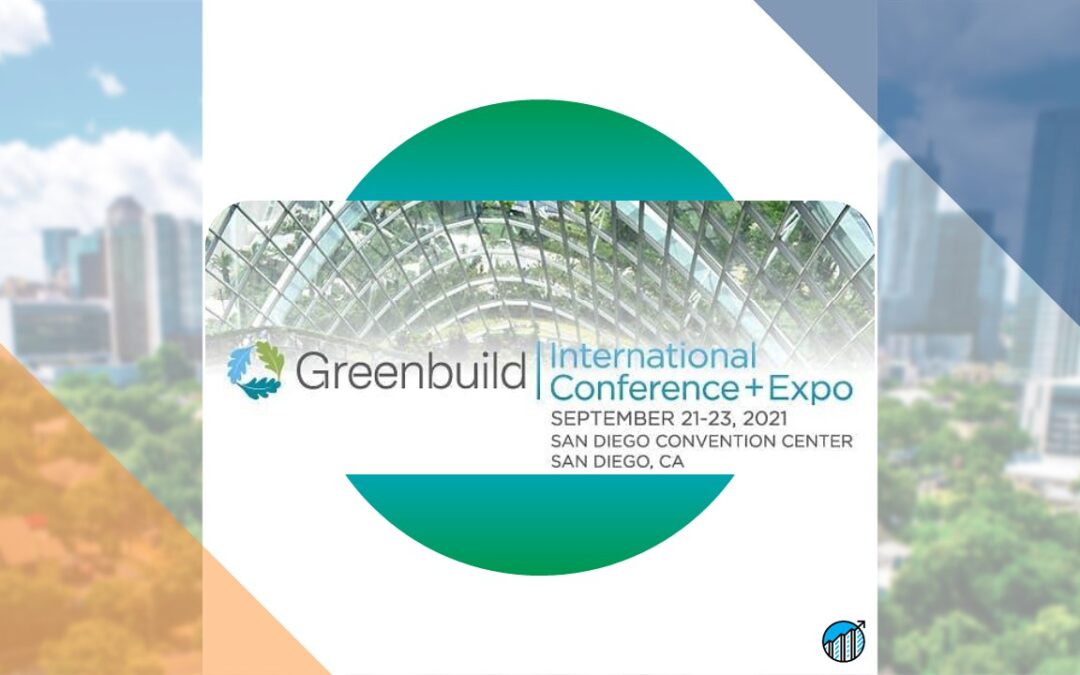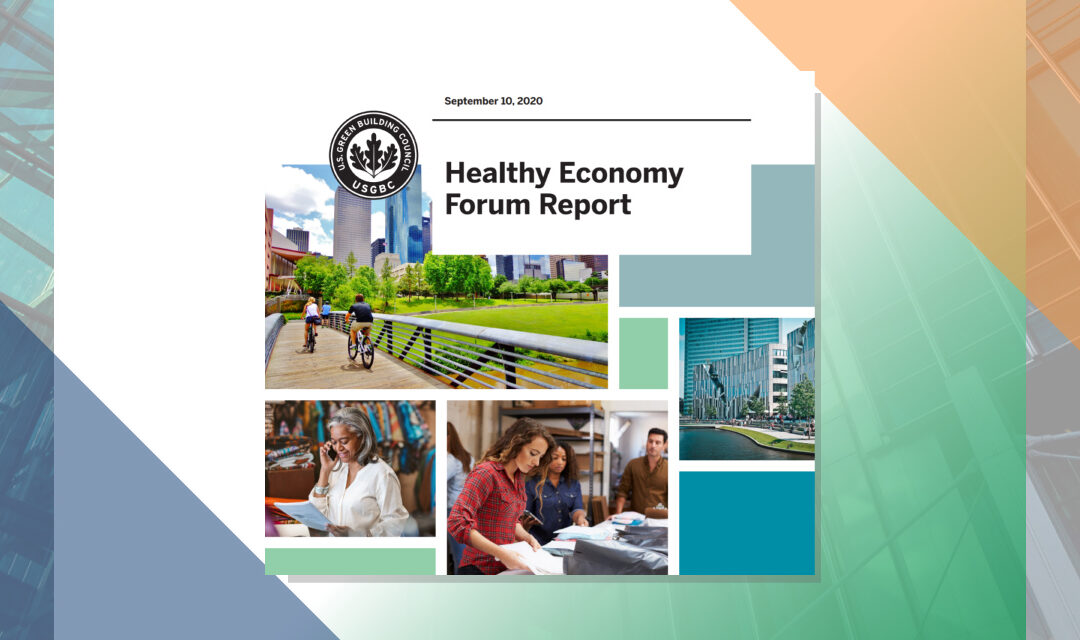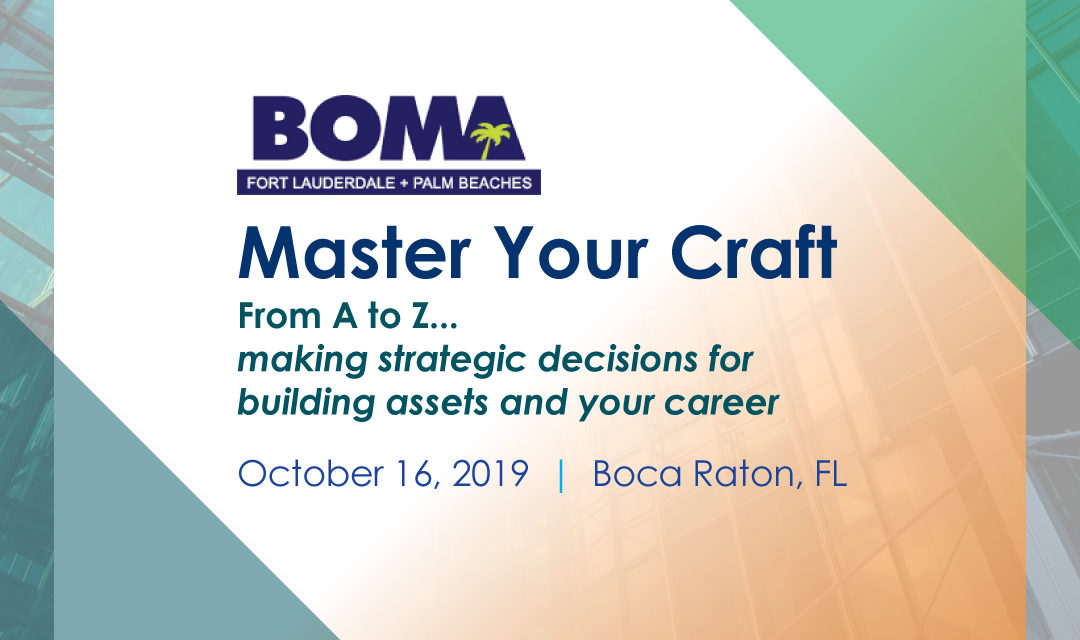
Aug 27, 2021 | Events, Homepage
Protecting Indoor Air Quality Amid the Pandemic
Program
The unprecedented focus on the safety of indoor spaces in the pandemic is normalizing hazardous cleaning practices that diminish the health benefits of green buildings. Over-emphasizing toxic cleaning chemicals can create significant health risks for building occupants, including – ironically – serious respiratory disease. How can building managers ensure effective pandemic protocols without creating a new set of health risks? Can third-party certifications add a meaningful measure of health protection? And how can managers leverage the increased attention on indoor air quality to effect progress toward sustainability goals?
This panel will take a deep dive into important considerations around pandemic-era cleaning, including health and environmental impacts, protecting vulnerable populations, promoting equity for frontline workers, and other emerging issues.
Experts from Corporate Sustainability Strategies, BMS Building Maintenance Services and Green Seal will provide insight into how industry leaders are meeting this challenge and provide actionable guidance for guarding against the spread of COVID-19 while protecting indoor air quality and sustainability goals.
Learning Objectives
- Understand the health impacts of exposure to disinfecting chemicals and identify safer disinfection products and techniques to support effective and responsible building re-entry
- Understand the basics of implementing the LEED Safety First Pilot credits
- Understand how a Green Cleaning program enhances a hygiene-focused cleaning program and how to effectively communicate this to building occupants and stakeholders
- Understand the real consequences of product over-exposure on custodial teams and other front-line workers so that their health and wellbeing can be addressed as a priority
Panel
- Doug Gatlin, MPP, LEED AP, CEO, Green Seal
- Brenna Walraven, MBA, BOMI-HP, BOMA Fellow, RPA, CPM, President and CEO, Corporate Sustainability Strategies
- Emily Gove, LEED AP O+M, TRUE Advisor, Corporate Director of Sustainability and Training, BMS Building Maintenance Service
- Taryn Tuss, MS, Vice President of Marketing and Communications, Green Seal
When & Where
September 22, 2021
3:00PM-4:00PM PT
In-person in San Diego & On-Demand
Greenbuild
San Diego Convention Center
San Diego, CA
Registration & More Information
https://informaconnect.com/greenbuild/agenda-2021/

Sep 14, 2020 | Articles, Homepage
USGBC’s recently announced economic recovery strategy and vision, Healthy People in Healthy Places equals a Healthy Economy, articulates the interconnected role buildings and communities play in people’s health and the economy at large.
To make this strategy actionable, USGBC’s Healthy Economy Forum, held August 4-5, 2020, convened industry experts and frontline practitioners to provide insights and strategies for making our spaces healthier and more resilient.
At the forum, Brenna Walraven, President and CEO of Corporate Sustainability Strategies, together with Simon Turner, Owner and Founder of Building Cognition, Henry Chamberlain, President and Chief Operating Officer of BOMA International, Ben Myers, Vice President of Sustainability of Boston Properties, and Alex Spilger, Senior Vice President, Director of Sustainability of Cushman & Wakefield presented The Business Case for Healthy Buildings in a Post-COVID Era.
Notable references in the report include:
Indoor Air Quality (IAQ)
- Simon Turner, Owner and Founder of Building Cognition, noted productivity is highest when room temperature is set to 70-73 degrees and proposed building occupants will start to demand better ventilation with an increased cost of $14-$40 per person each year.
- Technology can play a key role in building trust. As Brenna Walraven, President and CEO of Corporate Sustainability Strategies, said, “There is an app for everything, and that includes indoor air quality.”
Active Design
- According to Walraven, inactivity results in $54 billion in health care costs and $14 billion in lost productivity.
Resiliency – Intersectionality
- Boston Properties’ Sustainability Program approaches this definition from an intersectional lens, combining climate action, resilience and social good, while prioritizing human health. This approach has been and continues to be shaped by watershed moments, whether it be the 2012 Superstorm Sandy to this year’s pandemic.
- Ben Myers, Vice President of Sustainability at Boston Properties, explained how they convened thought leaders and specialists to develop a plan of action for four phases of these events: retreat, return, restore and resilient. Grounded in science, their plan lays out five durable changes: physical distancing enablement, contact transmission elimination, IAQ management and expertise advancement (engineering expertise, monitoring mechanisms), cleaning and disinfection enhancement and shared responsibility and discipline for mitigation and containment (health screening, communication, testing, etc.).
Technology
- Henry Chamberlain, President and Chief Operating Officer, BOMA International, spoke about the use of sensors and cleaning, touchless or hands-free workplaces and virtual technologies as the new normal.
The Report summarizes the forum’s discussion and is the first step to a longer roadmap for the implementation of our healthy places for a healthy economy vision.
Full Healthy Economy Forum Report

Sep 1, 2019 | Events
Commercial real estate is hungry to create value in their asset portfolio. It’s easy to get lost in the alphabet soup of industry programs, jargon, and acronyms. Find out what’s hot, what’s not, and what is going to give you the best ROI on your time and effort!
Keynote speakers are sought-after industry experts, Brenna Walraven, President and CEO at Corporate Sustainability Strategies, Inc. and Craig Sheehy of President/CEO of Envision Realty Services, Inc. Both work with some of the most discriminating institutional investors to develop and implement strategies in areas of real estate operations, asset management, investor engagement, and sustainability. Each has made substantial contributions to BOMA on a national level, but the depth of their experience goes well-beyond our association and includes contributions to State and National committees related to building efficiency and sustainability.
October 16, 2019
11:30AM-1:30PM
More Information



